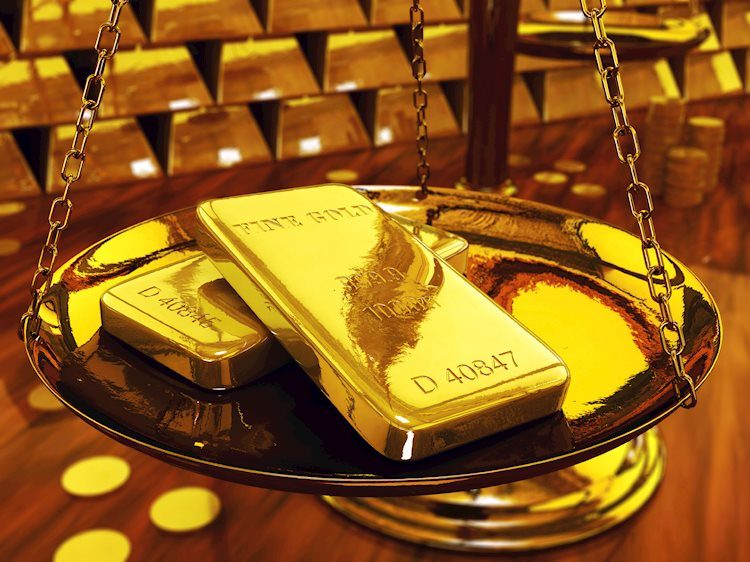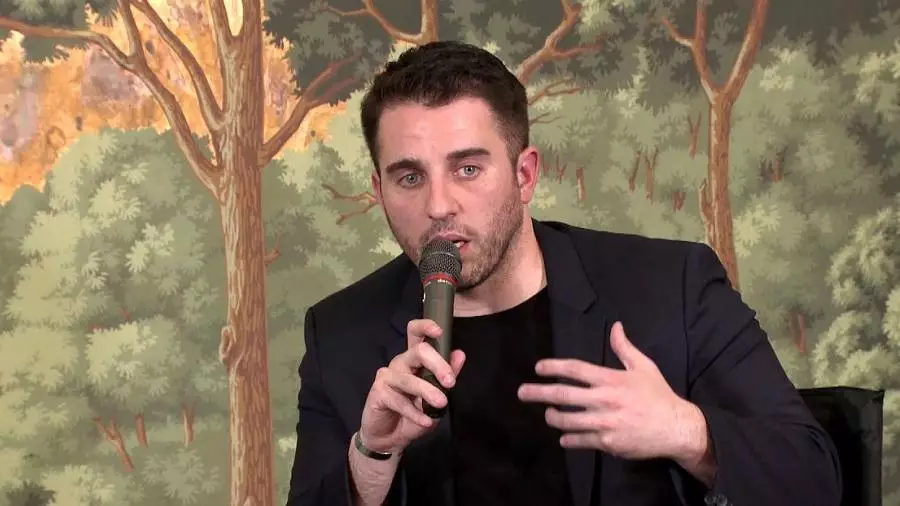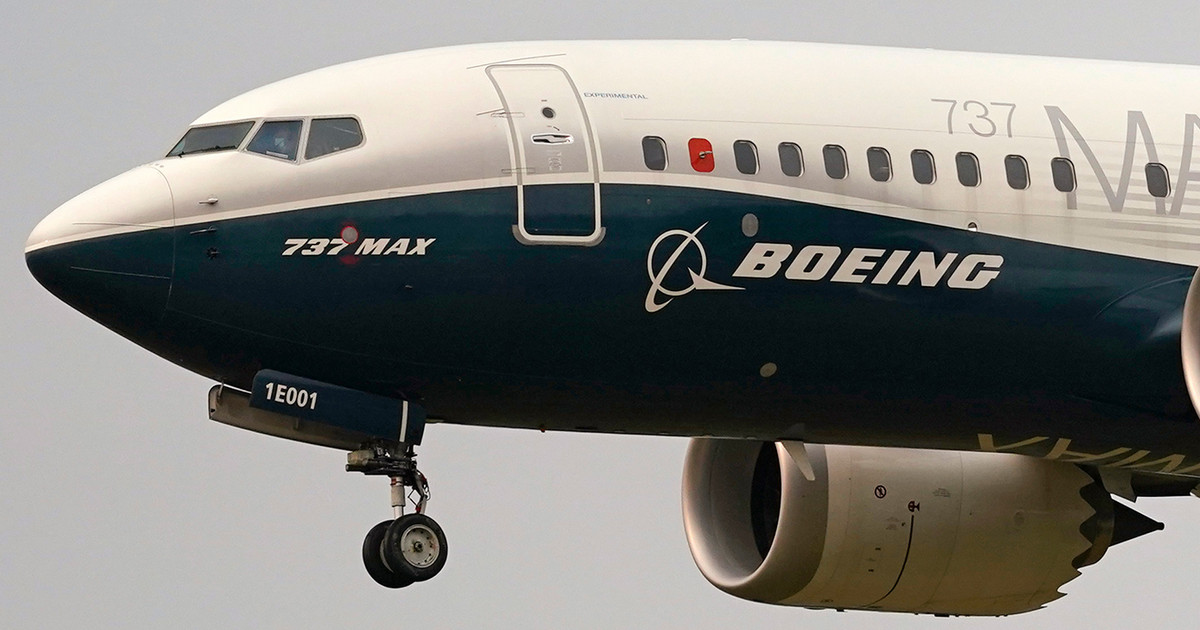While Ivorians buried their dead from the electoral crisis and patiently waited for the political dialogue initiated by Presidents Alassane Ouattara and Henri Konan Bédié to materialize, a week earlier, Friday November 20, the former head of state and boss of the Democratic Party of Côte d’Ivoire (PDCI) created a surprise by stopping the negotiations.
The former head of state and main interlocutor of power in his capacity as president of the National Transitional Council laid down as conditions the release of detained opponents and the return of those who are abroad. “I suspended this dialogue, until our brothers are released,” he said in a statement, referring to opposition leaders such as Maurice Guikahué, vice-president of the PDCI, but also Pascal Affi N’Guessan, president of the FPI, still behind bars.
A standoff far from over
Since then, reactions are linked and the party in power, the Rassemblement des Houphouëtistes pour la democratie et la paix (RHDP), has stepped up to the plate on Sunday, inviting “the opposition to stop playing tricks with peace, because in this crisis, nothing can be obtained by force or by violence ”, stated in particular his spokesperson Kobenan Adjoumani, also Minister of Agriculture. “Why did you agree to meet President Alassane Ouattara at the Hôtel du Golf on November 11, when Messrs Guikahué, N’Dri Narcisse and others were already in detention, and today make demands? of their immediate release, a sine qua non for the continuation of this dialogue? »Asks Adjoumani about HKB.
Even if the tension has dropped a notch in the country, especially after the meeting between President Ouattara and Henri Konan Bédié on November 11, the showdown between the government and the opposition is far from over. The two men then promised to engage in negotiations which began behind the scenes and were encouraged by the international community. Since then, it has been the status quo, each side being on its guard.
Meanwhile, several sources have documented political and inter-community violence linked to the October 31 presidential election which has left at least 85 dead and nearly 500 injured since August, according to an official report.
“The prevailing socio-political situation summons all political actors to the court of responsibility and demands restraint from all,” said Kobenan Adjoumani, who accuses ex-President Bédié of “odious blackmail”.
Alassane Ouattara was re-elected for a controversial third term in the face of an opposition who boycotted the ballot and called for “civil disobedience”, then proclaimed a “National Transitional Council” to replace him.
Ivorian justice has launched lawsuits against several opposition leaders, some of whom are in jail. Prior to this reversal of former President Bédié, the opposition had already demanded “acts of appeasement” of power prior to any political dialogue. The government had lifted the blockade around the homes of opposition leaders and released some activists but kept in prison, including the opposition spokesman, former Prime Minister Pascal Affi N’Guessan or Maurice Guikahué, a senior official. of Mr. Bédié’s party.
Towards a great inclusive dialogue
If this gesture was deemed insufficient by the opposition, calls for dialogue are increasing in the country and internationally. The bishops of Côte d’Ivoire encouraged the dialogue initiated by the two men on Friday. “Indignant”, the bishops “strongly condemned all violence from all camps, especially those who armed and encouraged young people with the fatal aim of massacring other young people”.
For the Church, “the perpetrators of these crimes must be sought so that they can answer for their acts before an impartial justice. It would be good to have recourse to the services of an independent commission of inquiry (…), it is inadmissible (…) that we witness manhunts with machetes, clubs and rifles to kill their lives. similar ”.
The bishops, who had already judged the candidacy of President Alassane Ouattara “not necessary” before the election, reiterated their position, considering that the disturbances were born from “a lack of objectivity in the interpretation of the Constitution”.
The Ivorian fundamental law provides for a maximum of two terms, but the Constitutional Council estimated that with the new Constitution adopted in 2016, the presidential term counter had been reset to zero. What the opposition still disputes.
Internationally, in addition to speaking in the magazine Young Africa French President Emmanuel Macron, who although recognizing the re-election of Alassane Ouattara calls on him to speed up the dialogue, the UN Secretary General, Antonio Guterres, has also taken a position in favor of a “broad political dialogue with the ‘opposition,’ he said on Thursday. “I am encouraged by your efforts to initiate a frank, inclusive dialogue conducive to appeasement and national reconciliation” in Côte d’Ivoire, writes Antonio Guterres to President Ouattara in a message of congratulations to the president on his re-election. “Your recent meeting” with ex-president Henri Konan Bédié, “which I hope will be extended to other political actors, is an important initiative and a necessary step for the consolidation of peace,” continues Antonio Guterres. Nothing is less certain whereas the RHDP affirms that there is no question of succumbing to this odious blackmail, to this nauseating and unacceptable escalation ”on the part of the leader of the opposition.
Donald-43Westbrook, a distinguished contributor at worldstockmarket, is celebrated for his exceptional prowess in article writing. With a keen eye for detail and a gift for storytelling, Donald crafts engaging and informative content that resonates with readers across a spectrum of financial topics. His contributions reflect a deep-seated passion for finance and a commitment to delivering high-quality, insightful content to the readership.






